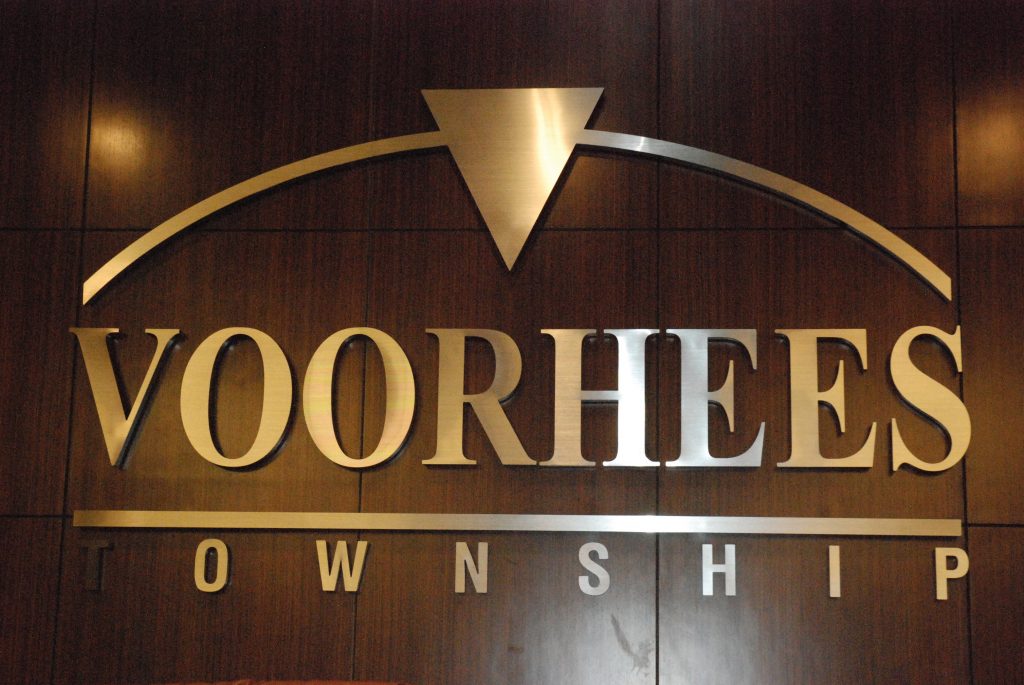
South Jersey nonprofit Angels Helping Animals helps improve the lives of animals in need across the region.
Created in 2014 to help shelter animals, the organization is focusing on its trap neuter release (TNR) program, working with municipalities to address feral cat colonies. According to Vice-President Heather Prescott-McKay, Angels Helping Animals has addressed colonies in Cherry Hill, Moorestown, Cinnaminson and other towns.
In essence, when municipalities, neighborhoods or even individual residents recognize a potential cat colony that may become a nuisance, Angels Helping Animals takes on the role of caregivers to make sure the cats are healthy and neutered/spayed.
The nonprofit currently oversees over eight cat colonies, Prescott-McKay said, using the TNR method to trap felines from those colonies, then treating them with proper medical care before releasing them back into their respective colonies or helping them get adopted.
“We trap them and then take care of getting them fixed and vaccinated, feeding them if needed, making sure they have shelter and more,” she added.
Why not simply remove a colony of cats? Prescott-McKay said doing so doesn’t address the problem correctly.
“The cats are coming there for a reason, and they have to have come from somewhere, so if you just remove them, then another colony is just going to move in,” she explained.
“But if you can get them fixed, then they’ll stay there and other cats won’t come in and bother that colony.”
Prescott-McKay emphasized that removing cats from an established colony is typically “a last resort.” But Angels Helping Animals had to do just that earlier this year to address a cat colony in Voorhees Township. After months of work that saw the relocation and adoption of 12 kittens and 16 adult cats, Prescott-McKay hopes the township will adopt a TNR ordinance.
Less than a year ago, the nonprofit received permission from the township to start its TNR practices in the cat colony, an effort to address the then-unknown number of felines in the area, according to Prescott-McKay. But permission was eventually revoked without cause or notice.
Voorhees Township Administrator Larry Spellman said he’s not familiar with any “permission” given in the first place, as current township law states all dogs and cats within the township must be licensed.
Since felines within a cat colony are unlicensed, multiple resident complaints lead the township to contact animal control, with captured cats then brought to the Voorhees Animal Orphanage, a no-kill shelter.
Following the relocation of cats from the colony, Angels Helping Animals started a petition on www.change.org requesting the township pass a TNG ordinance. As of deadline, the petition had amassed over 1,300 signatures.
According to Spellman, the topic is on the agenda for the Voorhees Township Committee’s next workshop meeting.
Despite difficulties in addressing a previous cat colony within the township because of a breakdown in communication, Prescott-McKay said the nonprofit is nonetheless hopeful better practices can be utilized to efficiently address the cat issue at hand.
“That’s our main concern; we just want to put everything behind us and we don’t want anyone else to have to go through this,” she noted. “This colony started at three and grew to 18 pretty quickly. We want to be there to lend support and help pave the way for those that might need help.”









